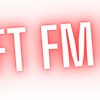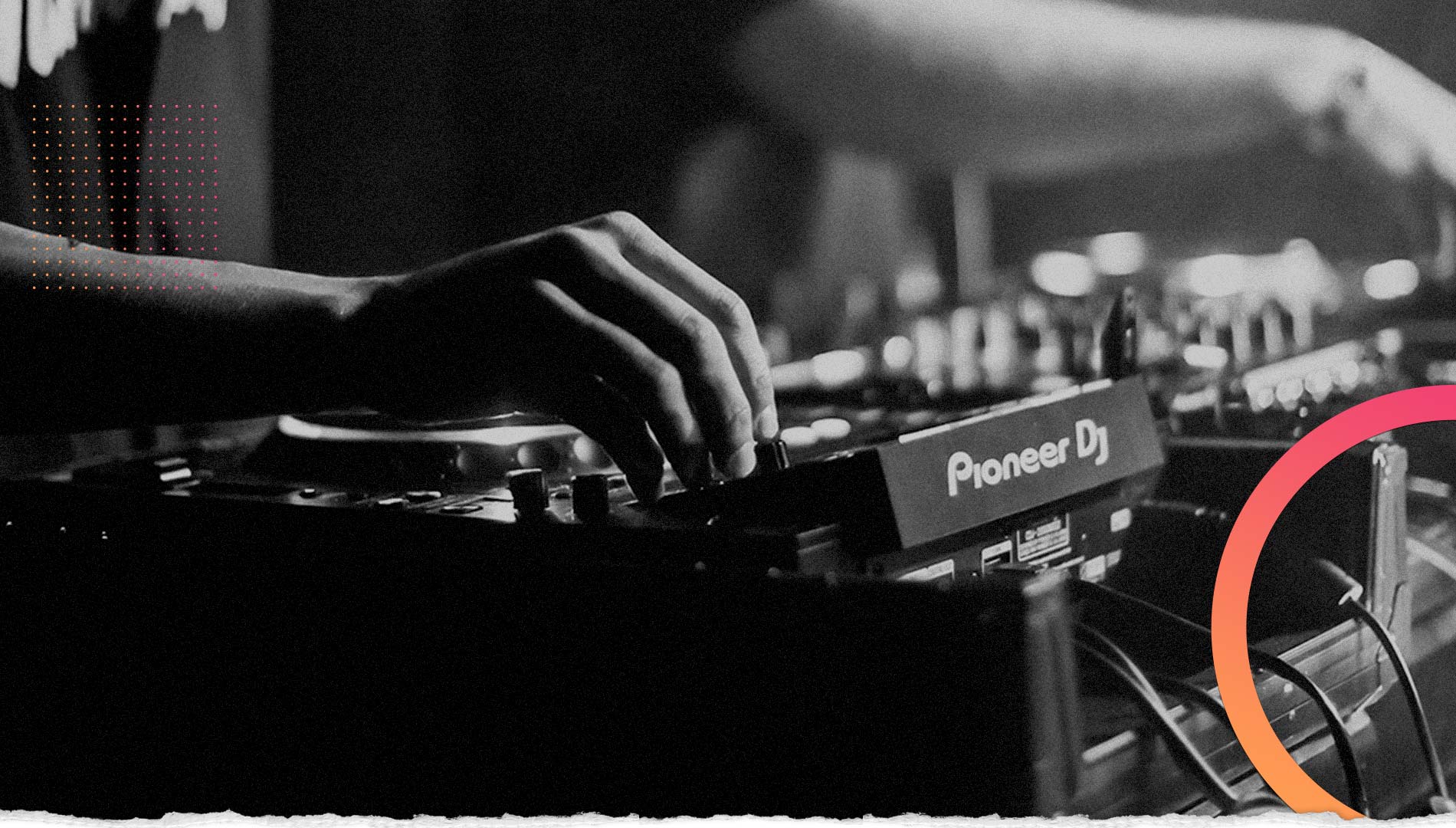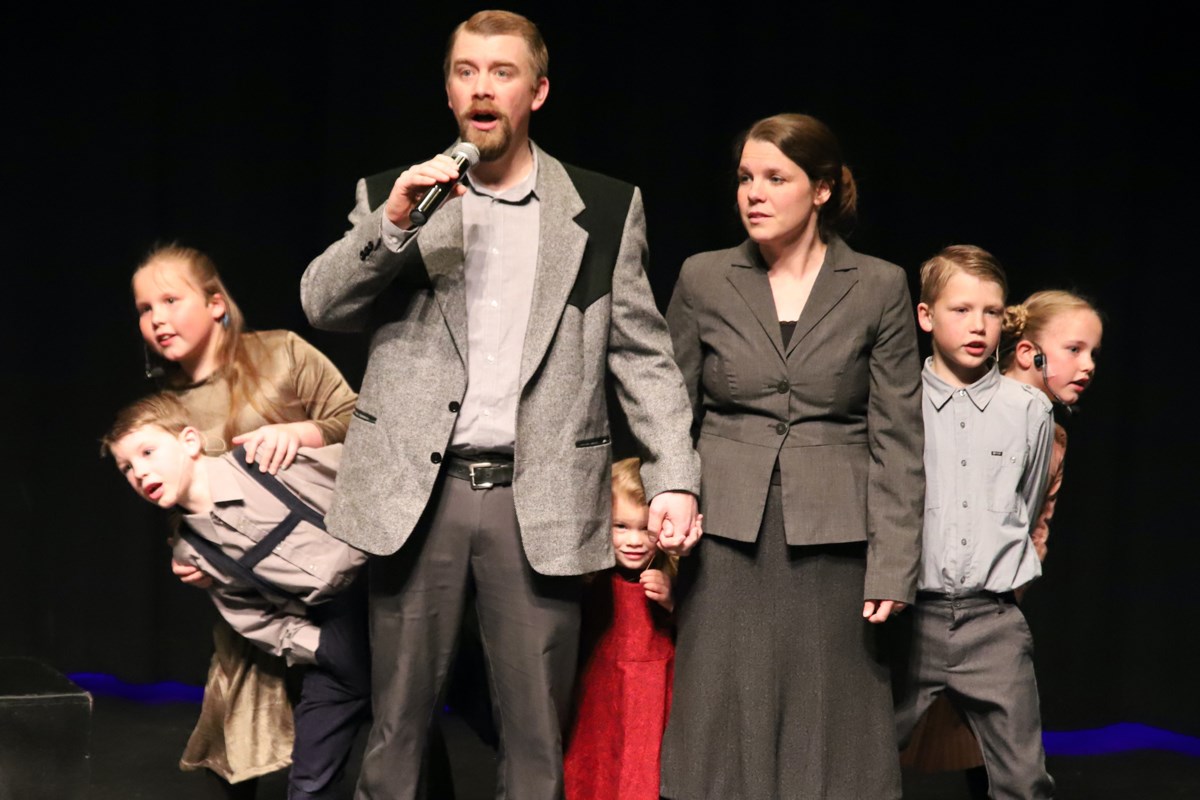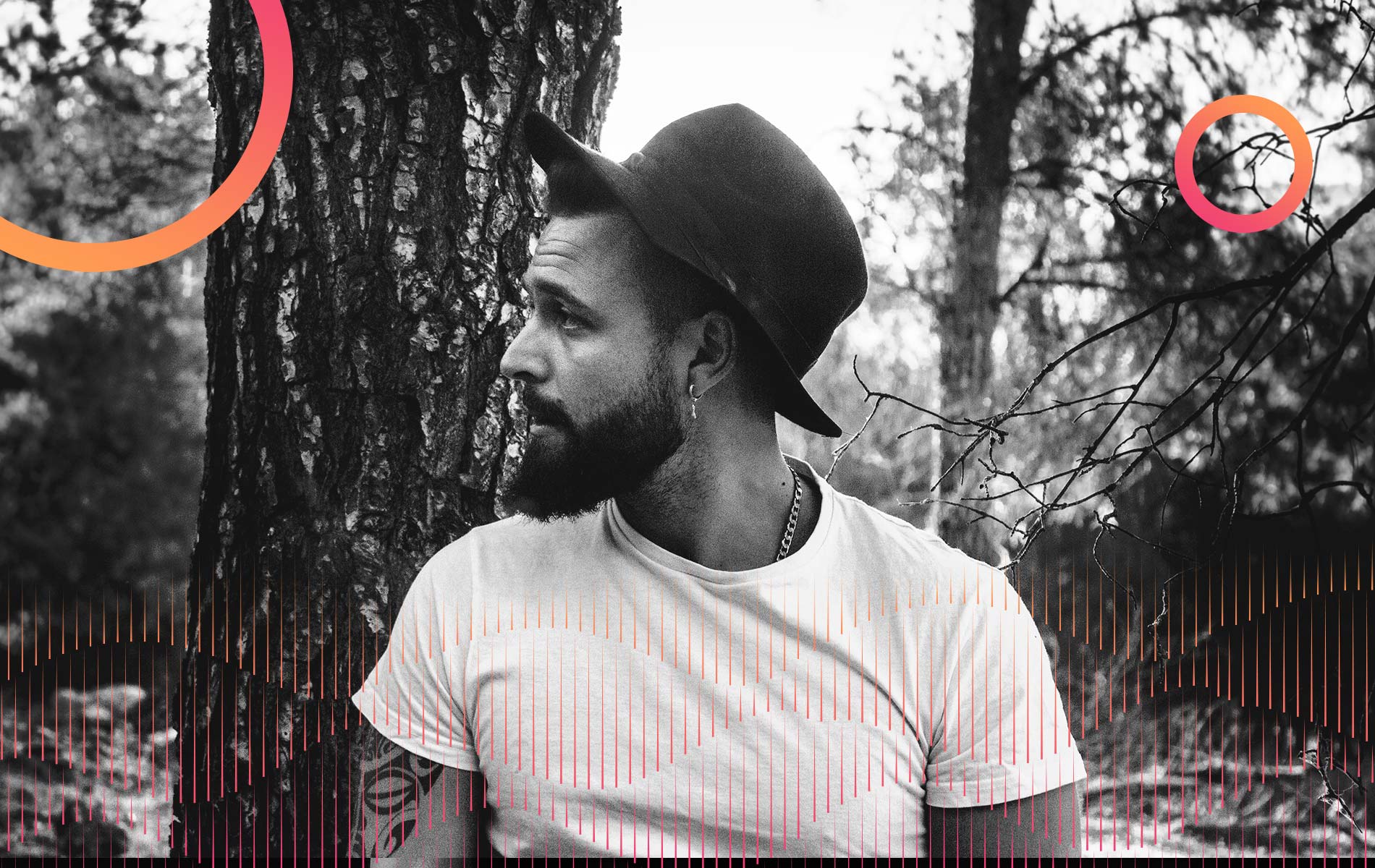Two years ago, in a post bemoaning a certain style of Obama-era music made by men who used mustache wax and played the banjo, someone on Twitter wrote, “i like to call it stomp clap hey. that shit sucked lmao.” The Lumineers and Mumford & Sons are indeed, in 2023, regularly used as punchlines (though music snobs hated them just as much at the time), but what the tweet fails to recognize is that the genre alternately known as “stomp and holler,” “hey ho,” “hoedown pop,” or plain old “indie folk” isn’t something that only existed in 2011 and went away forever. It is, in fact, back.
This is thanks to essentially one man, 26-year-old Noah Kahan, who makes the 2023 version of this kind of music. (It will surprise no one that the people who enjoy it do not appreciate the label “stomp clap hey.”) In the past two years, Kahan has turned a TikTok-viral song into an enormously successful commercial career, hitting the No. 1 spot on the Billboard rock and alternative album charts, collaborating with Post Malone, Kacey Musgraves, and Zach Bryan, and going on multiple sold-out tour runs — good luck getting tickets to his 2024 stadium tour. Walk into any coffee shop in America and the wistful, acoustic “Stick Season” is guaranteed to be somewhere on the playlist; turn on any top 40 radio station and you’re practically destined to hear the 70-miles-an-hour banjo of “Dial Drunk” at least once.
What’s interesting about Kahan is less the fact that he’s bringing back pop folk or “stomp clap” or whatever you want to call it, but what his version of it is about: growing up in Vermont. (And technically, also New Hampshire: He was born in Strafford, a small town in the mountains, but went to school just over the state border.) “Stick Season,” the single he first teased on TikTok during lockdown, is named for a term used by Vermonters to describe the period after the foliage falls but before the snow comes, when everything is barren and brown. It’s an image mirrored by the lyrics, which are about living in your hometown while you wait for your friends to come back for the holidays, stuck between the comfort of youth and independent adulthood.
“There’s real beauty and nuance to living in New England,” he told Billboard last fall. “It feels like you’re in a bubble and it’s fucking freezing and people are mean, but what trumps that all is how absolutely peaceful and gorgeous it is there. I wanted the perspective to be that of hope toward the end of the record — because I think the ultimate message of this album is that there is real beauty in small towns.”
More than anything, this is what all of Kahan’s most popular songs concern, and it is why they are popular in the first place. They speak to a generation of young people, mostly teens and 20- and 30-somethings, who are nostalgic for their northern New England childhoods regardless of whether they moved away or stayed behind — two of his biggest hits are literally called “Homesick” and “Call Your Mom” — and who have since learned the language of therapy speak to give names to such feelings. Owing to a longtime history of anxiety and depression, many of his lyrics reference medication and therapists’ offices; he has encouraged crowds that “even the happiest person in the room” should be in therapy. His charity, the Busyhead Project, has raised nearly $2 million for mental health resources and awareness, in part thanks to Kahan’s Northern Attitude beer collab (naturally, it’s an IPA), a portion of proceeds from which go to the charity. He’s what the internet likes to call “wholesome,” as are his fans; while reporting on the scene at a concert in New Hampshire, Vulture’s Rebecca Alter described the attendees as mostly mothers and daughters, lesbian couples, and “softboys,” all of whom wore flannel shirts around their waists despite the 90-degree weather and cried a lot during the show. Kahan’s music is decidedly moodier than previous “stomp clap” iterations; when you go to his page on Spotify, it’ll direct you toward playlists styled in all lowercase called “longing,” “homegrown,” “sad hour,” “scarf season,” and “fall feels.”
“I’m mean because I grew up in New England,” he wails on “Homesick;” this is, aptly, the line that gets the most shouts in concerts played in the region. “When I listened to ‘Homesick’ for the first time, it was the first time I’d ever listened to an artist who has been able to accurately portray what I was feeling,” says Aris Sherwood, a 23-year-old from Rutland who now lives in the Chicagoland area. “I didn’t realize it until I moved out of Vermont, but it’s a completely different culture.”
“It’s all just so accurate and validating to see your unglamorous small-town upbringing represented in the mainstream,” adds Amanda Nielsen, a 26-year-old from Essex who’s since moved to Colorado. “I used to be sort of embarrassed about being from somewhere so small and rural and rugged. Moving away has made me really appreciate the qualities I took for granted and now, I take a lot of pride in being from Vermont. I love where I live now, but I miss Vermont a lot sometimes, and being able to listen to Noah’s music makes me feel a little closer to home.”
As someone who grew up there, I can’t describe how bizarre it is when something from Vermont that isn’t the foliage goes viral. I imagine it’s a little bit like when something like that one Mountain Goats song became a TikTok trend, which at the time I likened to Ulysses suddenly being the best-selling book on Amazon. Nobody on, like, a nationwide societal level gives a shit about Vermont because not that many people live there. Our biggest city, the one I am from, doesn’t even crack 50,000 people. We have a single area code. We got our first Target in 2020, an event so monumental in this part of the country Kahan mentions the opening of one in the song “New Perspective.”
But when you’re from a place that is small and mostly unimportant to the wider world, you do everything you can to make it matter, even — or rather, especially — when you move away. “There is magic in being from Vermont,” says Tara Valenski, a 31-year-old from Essex Junction who now lives in New Jersey. “His songs feel like coming home from college during winter break, slamming a Switchback at Three Needs [author’s note: Switchback is one of those beers you can’t really find outside Vermont, and Three Needs is a bar in Burlington where I’m guaranteed to see at least three high school classmates]. It’s like, I’m never changing my phone number to get rid of my 802 area code; I have Vermont literally tattooed on me, but I’ll never move back. There just aren’t any opportunities, the cost of living is out of control, and the employment opportunities just aren’t there. He articulates that feeling so well.”
Vermont, like any beautiful place that relies heavily on tourism, is easy to romanticize when you visit but much more difficult when you actually live in it. Nobody likes tourists (Vermonters hold a special hatred for “Massholes” and, of course, New Yorkers) who come for the Instagrams of the foliage and the quaint small towns, towns that are increasingly too expensive for locals, don’t have the infrastructure to handle crowds, and have experienced worsening flooding due to climate change. Vermont has the second-highest per capita rate of homelessness in the country, with 43 out of every 10,000 residents being unhoused. Meanwhile, dreamy TikToks showing the “perfect Vermont fall foliage weekend itinerary” go viral every day this time of year, reaching increasingly younger people who expect the state to be some kind of Autumn Disneyland. “[Vermont] is definitely becoming a trend,” says Sherwood. “And I want people to know that as beautiful as it is, it’s still a state at the end of the day. I’m from Rutland, the quote-unquote ‘heroin capital of the world.’ So I don’t see how you could listen to Noah Kahan and be like, ‘I want to move to Vermont.’ It’s like, are you listening to him?”
“People love the aesthetic of Vermont, but for every New Yorker who wants to move to the country and open a bed and breakfast there is a blue-collar Vermonter who’s lived here their whole life that gets priced out,” Fox Winters, a 25-year-old from Montpelier told me. On Kahan, he says, “He’s everything about the commodification of my home state that I don’t really love. At the same time, I know so many people who look at him as a source of pride, and I can’t really blame them. He makes music that is pretty much exactly what many of the crunchy outdoorsy types want to hear, and he’s damn good at it.”
Because I am a mean New Englander, to use Kahan’s description, when the full Stick Season album came out last year, I found it a bit mawkish and tailor-made for the flannel-Nalgene-hiking-doggo demographic that I steadfastly rejected in teenagehood. If it were still 2011, when media and music criticism was a little nastier, I’d imagine some Pitchfork writer would have compared his older music to knockoff Ed Sheeran and his newer stuff to knockoff Hozier, perhaps using the phrase “(maple) syrupy music for white people with 25 bumper stickers on their Subaru hatchbacks.” But pop culture is much nicer now, and as far as I can tell, not a single person has published a negative word about Kahan. The culture is hungry for it, it seems; “You see his tour merch everywhere,” Cormac Stevens, a 25-year-old in Burlington, tells me. The hosts of the podcast Who Weekly?, which unpacks the careers of celebrities you maybe haven’t heard of yet but are probably about to, described his rise over the past few months as “a full-on assault of relatability.”
But because I am also in his prime demographic of nostalgic expat Vermonters, I’m not immune to the pull of Kahan’s music, however cloying it can be. On a drive up to Vermont in early October, at the peak of the red-gold foliage we’re famous for, Kahan’s biggest hit of the moment, “Dial Drunk,” comes on and suddenly I’m crying, missing the home I had and the family who’ve since moved out. I text my best friends from high school and they say they know the feeling, they’ve cried to Noah Kahan, too. It’s the kind of music that makes me want to call my sister and tell her what if we all moved back, you could run for city council and I’d write for the local alt-weekly — it’s the kind of place where there’s still an alt-weekly. My fiancé, an indie rock snob from Southern California, is in the middle of making fun of how cringe this kind of genre is; he doesn’t get it, of course, but it’s then that I understand the hordes of kids sobbing out in fields as Kahan is strumming in front of them, the human representation of their home.
In 10 years, when they look back on this younger version of themselves, it’s quite possible that they’ll feel a little corny about the whole thing, in the same way “stomp clap hey” is looked on as a little corny now. More likely though, they’ll look at it the way they look at their “802” tattoos, small homages to the sole Vermont area code, representative of a time when leaving home or choosing to stay felt monumental and terrifying. They’ll know that Vermont or New England or any other kind of picturesque-but-also-kind-of-depressing place can’t be distilled into a tattoo or a song or an artist or even a genre but that once in a while it feels like it could. “People on TikTok are like, ‘He literally wrote that song for me,’” Sherwood says, “and I’m like, ‘No, he wrote that song for all the Vermonters. He wrote it for us.”
This column was first published in the Vox Culture newsletter. Sign up here so you don’t miss the next one, plus get newsletter exclusives.
Will you support Vox’s explanatory journalism?
Most news outlets make their money through advertising or subscriptions. But when it comes to what we’re trying to do at Vox, there are a couple reasons that we can’t rely only on ads and subscriptions to keep the lights on.
First, advertising dollars go up and down with the economy. We often only know a few months out what our advertising revenue will be, which makes it hard to plan ahead.
Second, we’re not in the subscriptions business. Vox is here to help everyone understand the complex issues shaping the world — not just the people who can afford to pay for a subscription. We believe that’s an important part of building a more equal society. We can’t do that if we have a paywall.
That’s why we also turn to you, our readers, to help us keep Vox free. If you also believe that everyone deserves access to trusted high-quality information, will you make a gift to Vox today?
Yes, I’ll give $5/month
Yes, I’ll give $5/month
We accept credit card, Apple Pay, and
Google Pay. You can also contribute via







